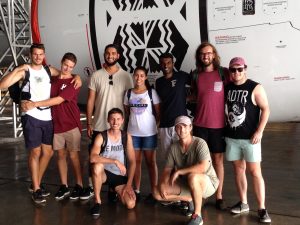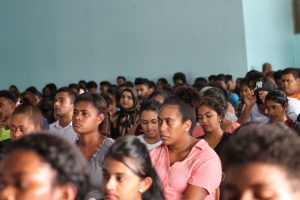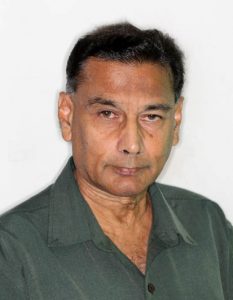UniFiji focuses in building international networks

International study experiences assist students from both visiting and hosting universities in building international networks, increases cross-cultural competency, and encourages the students to step outside of their comfort zones, says Shirley Prasad, Marketing and Public Relations Officer at University of Fiji.
This comes about as the University is hosting 10 students from Curtin University, Australia. The students are here from School of Science and Engineering and this is part of their Internationalisation programme.
“For UniFiji, hosting international visitors can lead to greater international outlook and intercultural understanding. Also, UniFiji students can apply for New Colombo Plan Scholarship and study at Australian University,” said Prasad.
One of the visiting students Thomas Smedley who studying chemical engineering at Curtin University said that the curriculum taught at UniFiji is similar to that of his own University.
“I think it is very cool and it is very interesting to learn about how other countries and cultures teach their students, very surprising how similar it is to our current syllabus,” he said.
Another student Marko Petrovic said that staff and students at UniFiji are the most welcoming and warm people he had ever met.
“The communal atmosphere makes learning here pleasure as classes are smaller and more interactive and I wish I didn’t have to leave,” he stated.
The students would sit in everyday classes and lectures to observe Fijian teaching and learning methods.
The classes were not of any discipline specific, but more for the students to get an authentic experience.
This group is the second one to come to UniFiji. Professor Shawkat Ali, the Dean for School of Science and Technology initiated this programme last year with Curtin University.
Getting a MoU between the two universities would be the next step.
![]()


